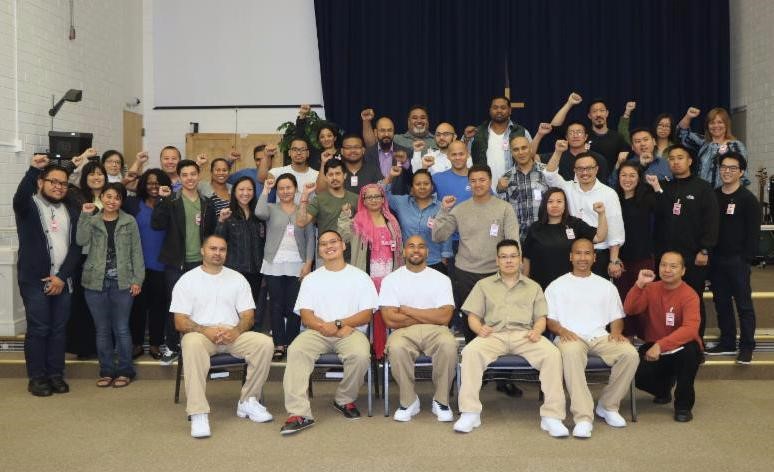APALA National President Johanna Hester stated: “It is unacceptable that the use of forced labor in our prison system is a legalized and continued practice. The fact that a disproportionate amount of folks inside are people of color makes it even worse – it basically legalizes a form of modern day slavery within a system meant to cage in people of color, immigrants, and poor folks. APALA stands with incarcerated folks whose labor has too often and too long been exploited by the prison system.”
The strikes come at a time where community organizations and advocacy groups are urging the Department of Homeland Security and especially the Bureau of Prisons and Immigration and Customs Enforcement, to follow the Department of Justice’s lead to end the use of private prisons and detainment centers. Abuse, mistreatment and poor living conditions are not uncommon in prisons and detention centers, especially in private operated institutions.
“Prison labor has often been cited to reduce the cost of running prisons. Meanwhile, prisons and detention centers are becoming increasingly privatized, and the corporations behind the private prison industry profit from the free labor of inmates and this systematic mass incarceration of communities of color,” added APALA Executive Director Gregory A. Cendana. “Tactics like forced labor serve as a way to deprive folks of any dignity or worth of their work in society. Our criminal justice system needs to focus on restorative and transformative models of justice that value the person as a whole, and we’re calling on the labor movement as a whole to address the rights of workers inside.”
APALA is a proud member of AAPIs Beyond Bars, a coalition of labor, education, civil rights and criminal justice organizations that work to address mass incarceration and deportation in the AAPI community. With the coalition, APALA is working to push for more research and disaggregated data on accurate figures of AAPIs behind bars, to disrupt the school-to-prison-to-deportation pipeline, and to fight for the rights of formerly incarcerated folks and reforms in our criminal justice system.



 RSS Feed
RSS Feed